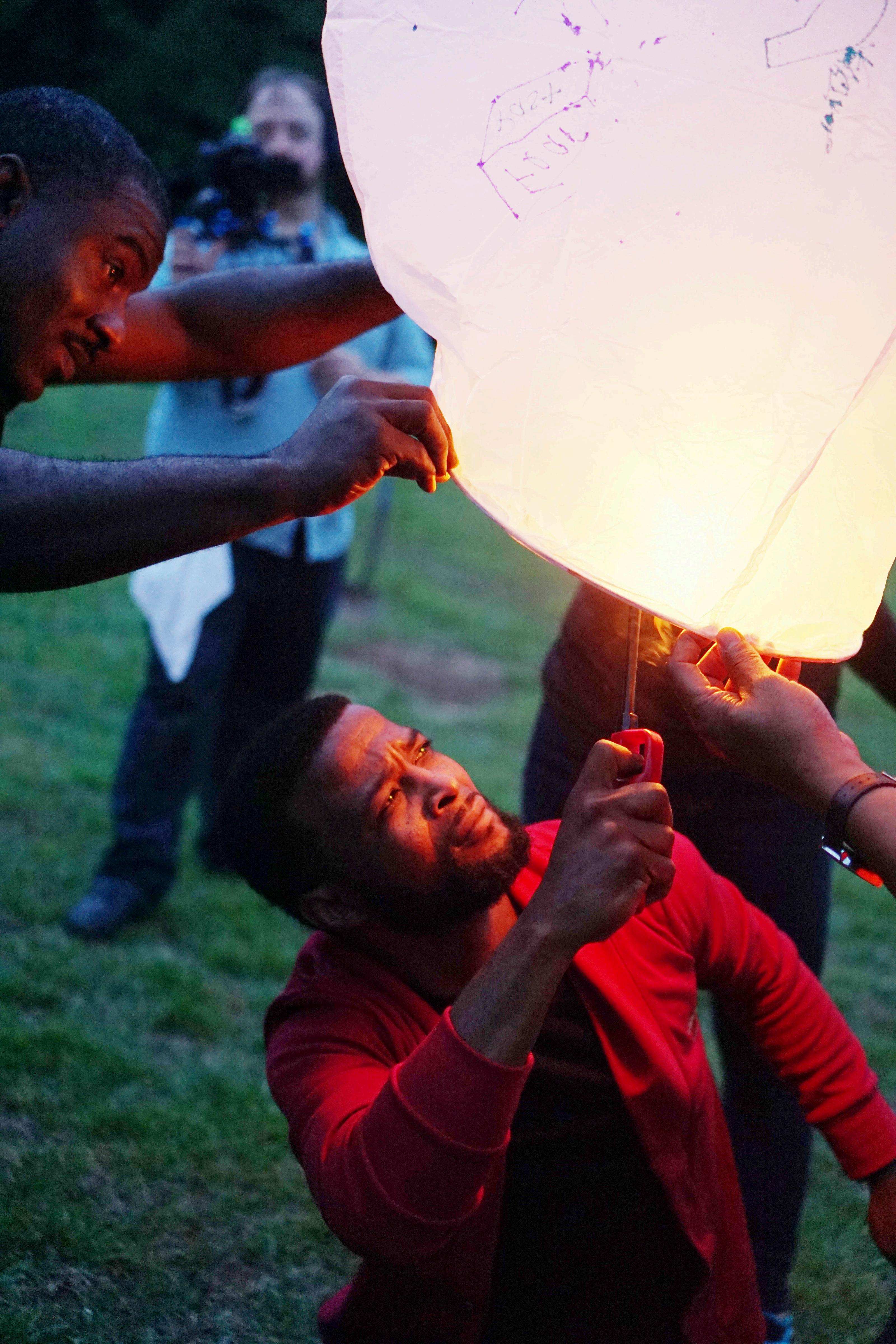
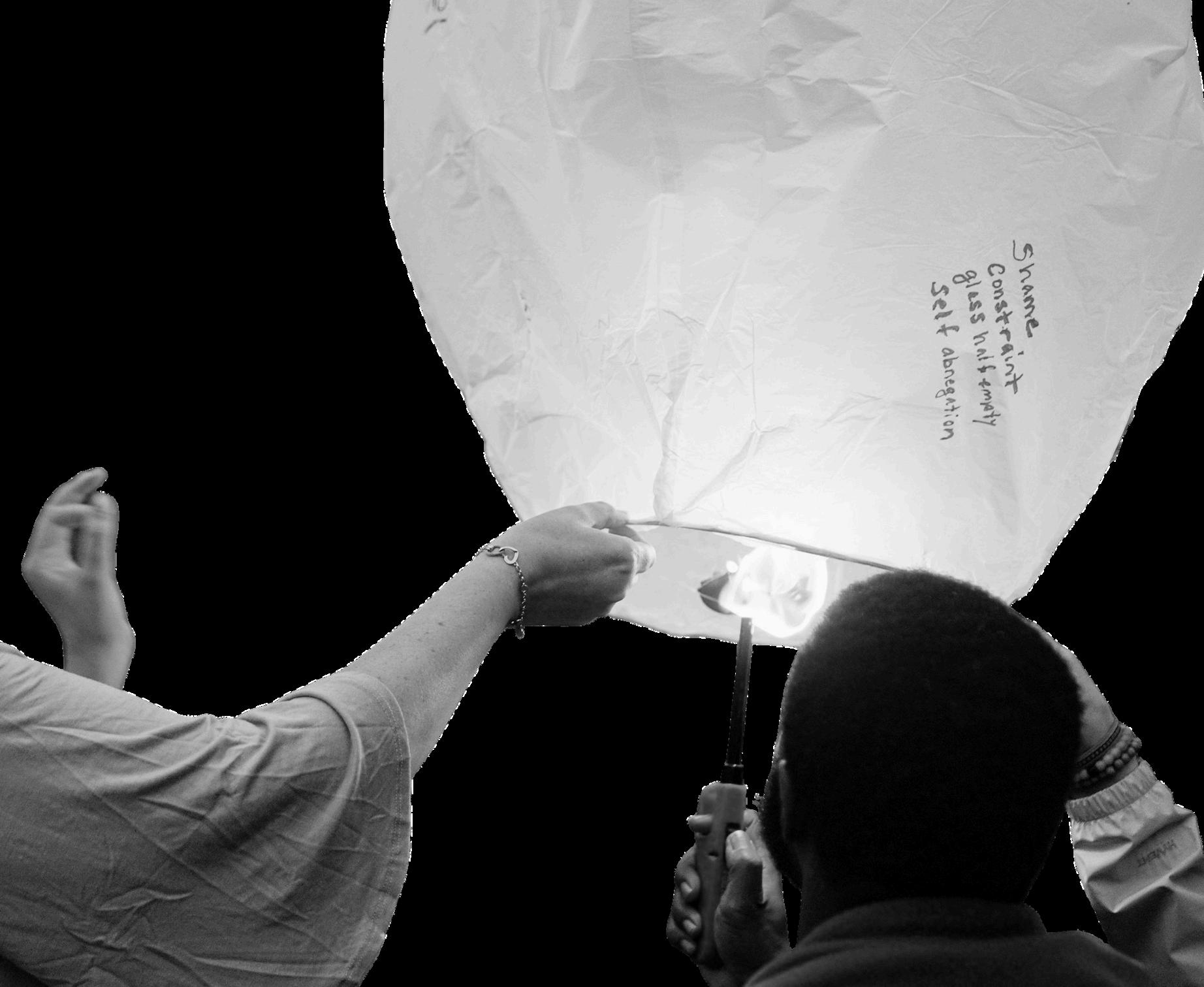

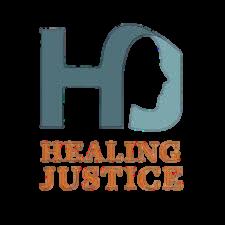
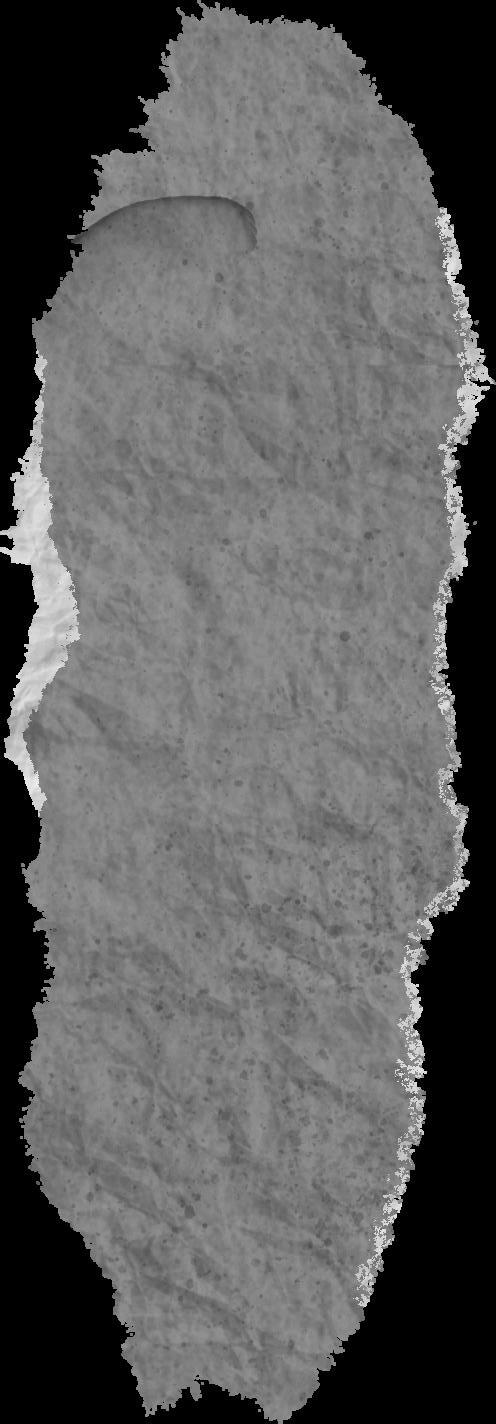
“You built a sanctuary. One that protects, empowers, and honors the truth of what survivors endure. ”
- Anonymous Crime Survivor







“You built a sanctuary. One that protects, empowers, and honors the truth of what survivors endure. ”
- Anonymous Crime Survivor


Forty years ago, I survived a violent rape that forever changed the course of my life. I did everything I was told survivors were supposed to do: I reported the crime, cooperated with law enforcement, and put my trust in the legal system I believed, like so many survivors do, that seeking justice would lead to healing
But 11 years later, the man who had been convicted, Ronald Cotton, was exonerated through DNA evidence. That moment shattered the illusion that our criminal legal system is designed to find the truth or to serve survivors well. Ronald’s conviction wasn’t the result of malice or deceit—it was the result of what we now know were flawed investigative practices and unreliable procedures
After Ronald’s exoneration, I decided I needed to meet him What could have been a moment of resentment or retribution became something very different. In that meeting, we shared something that only those who have lived through deep harm and injustice can understand: a commitment to truth, a longing for healing, and a recognition that both of our lives had been defined by a system that failed us.
That meeting planted the seeds for what would become Healing Justice.
Ten years ago, I founded this organization with a simple yet powerful vision: to create a space where all individuals harmed by wrongful convictions crime survivors and victims, those exonerated, their families, their communities could begin to heal Healing Justice was born out of the recognition that harm is not one-dimensional, that healing requires care and understanding for all impacted, and that justice real justice must include honesty and accountability for everyone.
Since then, we’ve grown into a national organization that centers the voices and needs of those often pushed to the margins of the conversation around wrongful convictions. We’ve supported people through the rawest moments of grief, confusion, and rage. We’ve built tools and spaces where these individuals can reclaim their narratives and begin the hard work of healing. We’ve also created systemic reforms to prevent others from being harmed in the future.
Looking forward, my vision for Healing Justice is rooted in hope and in an unshakable belief in the power of community.

I see us deepening our work in the places that need it most, standing alongside directly impacted people to build lasting systems of support
I see us broadening the conversation about justice to include healing as a necessary and non-negotiable part of the process.
I see us continuing to insist that survivors and those wrongfully convicted are not on opposing sides but often victims of the same broken system.
And I see a future where no one has to walk this path alone
Healing Justice exists to hold that vision to offer care, to demand accountability, and to stand in the radical truth that healing is not only possible, but essential. Thank you for being a part of this journey
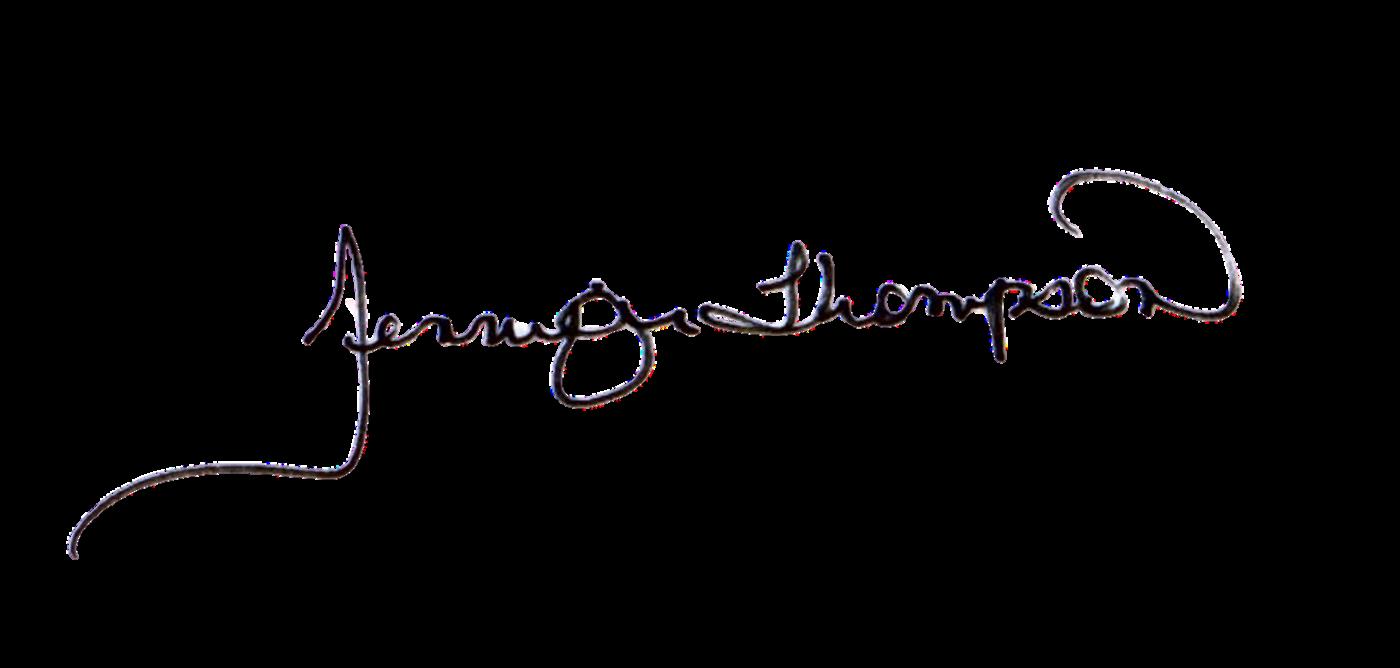
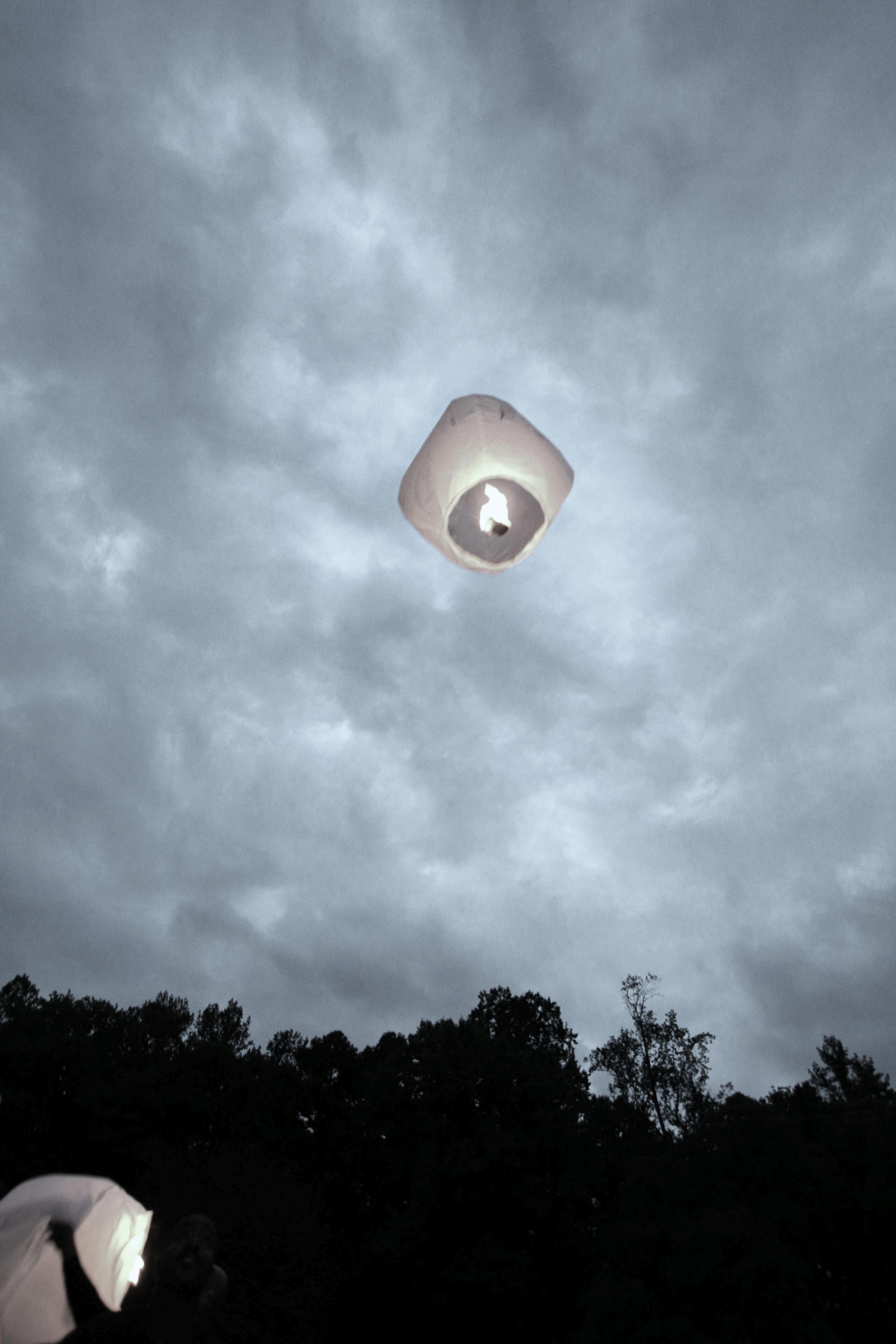



What an incredible decade it has been As I reflect on the past 10 years, I’m filled with deep gratitude and awe at what our small but mighty organization has accomplished Together, we have served and supported hundreds of directly impacted individuals, developed and launched groundbreaking healing resources, and trained thousands of professionals across the country
The founding vision of Healing Justice has not only endured it has flourished, reaching more people, families, and communities than we ever imagined.
Looking ahead to 2030, as outlined in our fiveyear plan, Healing Justice is committed to deepening our impact through regionally focused work We will take our programs directly to communities in need working on the ground, building longer-term relationships, and delivering sustained support We’ll begin in states and regions with high numbers of past exonerations or active conviction reviews, creating a replicable model that can be expanded nationwide.
But our vision doesn’t stop there As I look forward to the next 20 years, I imagine a future where the harm caused by wrongful convictions is no longer a lifelong burden By 2045, I hope we will have helped build a world where those impacted can heal, rebuild, and lead the way in creating a more equitable and compassionate society.
In that future, our healing programs will have fostered a powerful network of individuals and communities grounded in strength, shared experience, and mutual support We will
continue to confront the deeper roots of harm recognizing the roles of racial and gender injustice, systemic oppression, and historical inequities in shaping the lived realities of those we serve. Through transformative healing, those directly impacted will become leaders and changemakers, cultivating greater empathy and understanding in their own communities
At the same time, our reform work will have reshaped the systems themselves. Through victim-centered, trauma-informed training and technical assistance, and by centering the voices of directly impacted people, we will help drive lasting legal and policy reforms. Our vision is a criminal legal system that is not only more just, transparent, and accountable, but also more human.
Ultimately, the success of Healing Justice will be measured not just by the number of lives touched but by the culture we help shift. A culture where healing is a collective responsibility, justice is both restorative and preventive, and the lessons of past injustices fuel a better, safer, and more compassionate future.
Thank you for being part of this journey. I look forward to building the next chapter together.
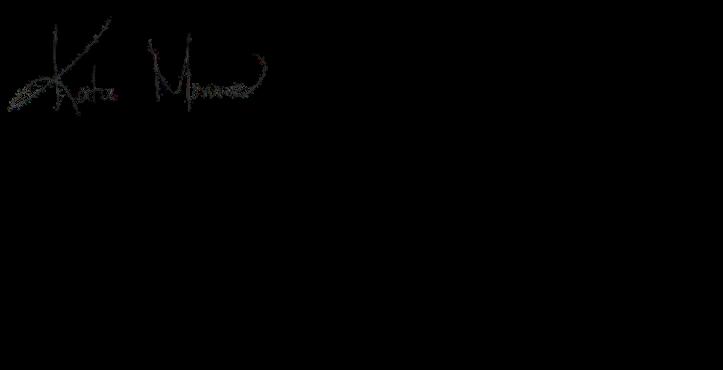

Being able to be in a community with others in this circumstance has allowed me to realize that I’m not alone. It’s given me a place where talking about this part of my life is encouraged and celebrated. I’ve also enjoyed meeting others who were impacted and getting to know their stories. We heal through community and shared experiences.
- Anonymous Retreat Participant

“Healing Justice’s guidance is a game changer.”
-Bexar County Criminal District Attorney's Office


Healing Justice works to prevent and alleviate the harms caused to all by wrongful convictions through advocacy, education, and direct support.

Healing Justice envisions a world where all individuals, families, and communities harmed by wrongful convictions have holistic pathways to healing, and survivors of violent crime are not re-harmed by the criminal legal system.
By fostering community partnerships, centering and mobilizing marginalized voices, and implementing restorative justice practices, we aim to break the cycles of harm perpetuated by historical inequities.
Our work is driven by the experiences and needs of individuals harmed by wrongful convictions.
Moreover, we strive to create lasting change within the criminal legal system and beyond through our commitment to racial equity, inclusivity, and continuous learning.


as a crime survivor who, a decade later, experienced new trauma when it was discovered that an innocent man had been convicted Jennifer’s personal journey with a wrongful conviction and exoneration inspired her to create an organization to provide direct support to others from similar cases and to address the harm caused to all by these justice failures
Since our inception, Katie Monroe has served as the executive director Katie’s dedication to this work began in 1992 when her mother was wrongly convicted. Driven by her mother’s case, Katie led an intense legal battle for justice, culminating in her mother’s exoneration in 2003 Her personal experience and passion for justice have fueled her work at Healing Justice, guiding the organization’s mission to prevent and heal the harms caused by wrongful convictions
In 2015, Healing Justice held its first of many listening sessions with people directly impacted by wrongful convictions to understand their needs in the wake of these injustices and guide the organization’s programs. In 2016, we held our first healing retreat, launching what would become the cornerstone of our direct services Since then, we have partnered with the U.S. Department of Justice, other national organizations, numerous prosecution and other criminal legal agencies, as well as social work and law schools to expand our programs and fulfill our important mission.

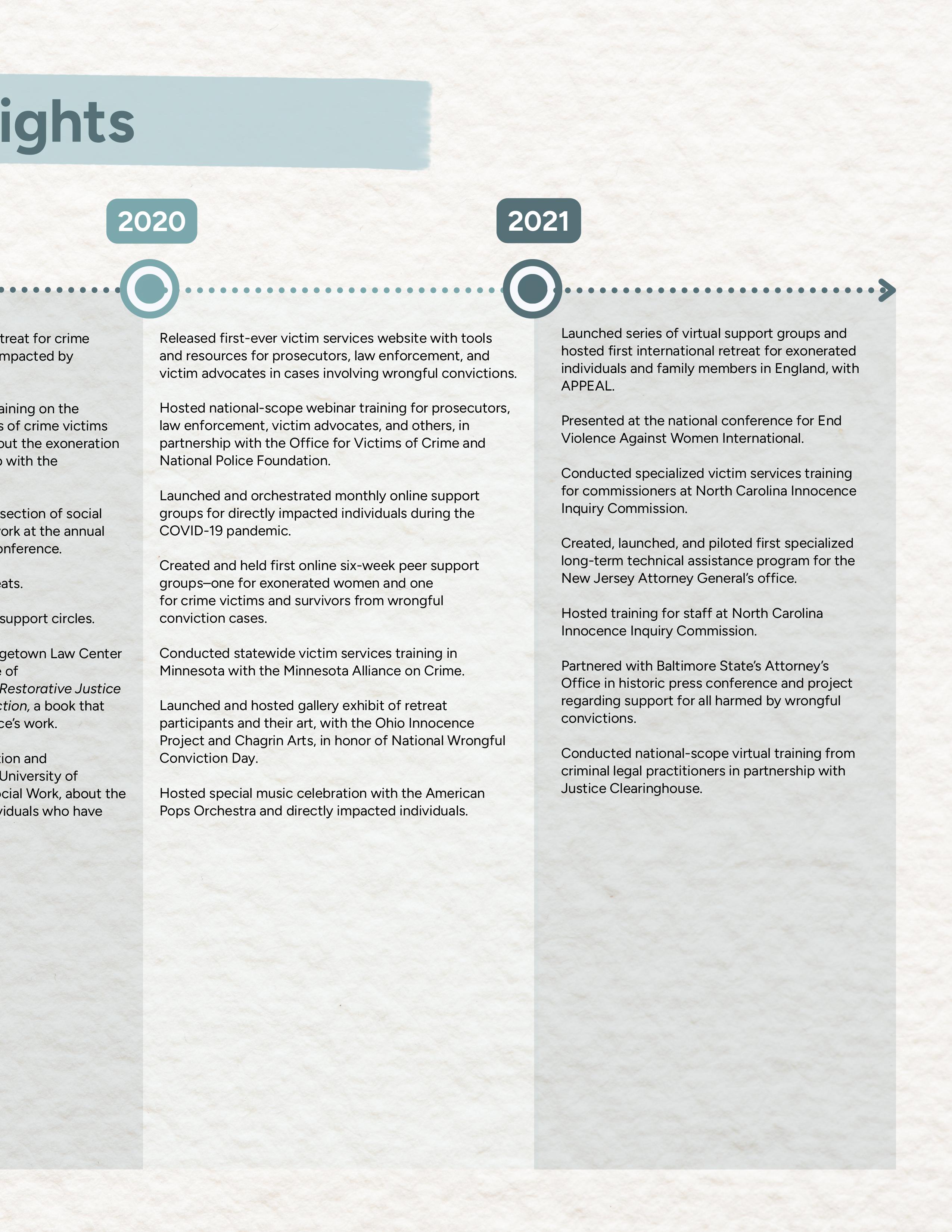
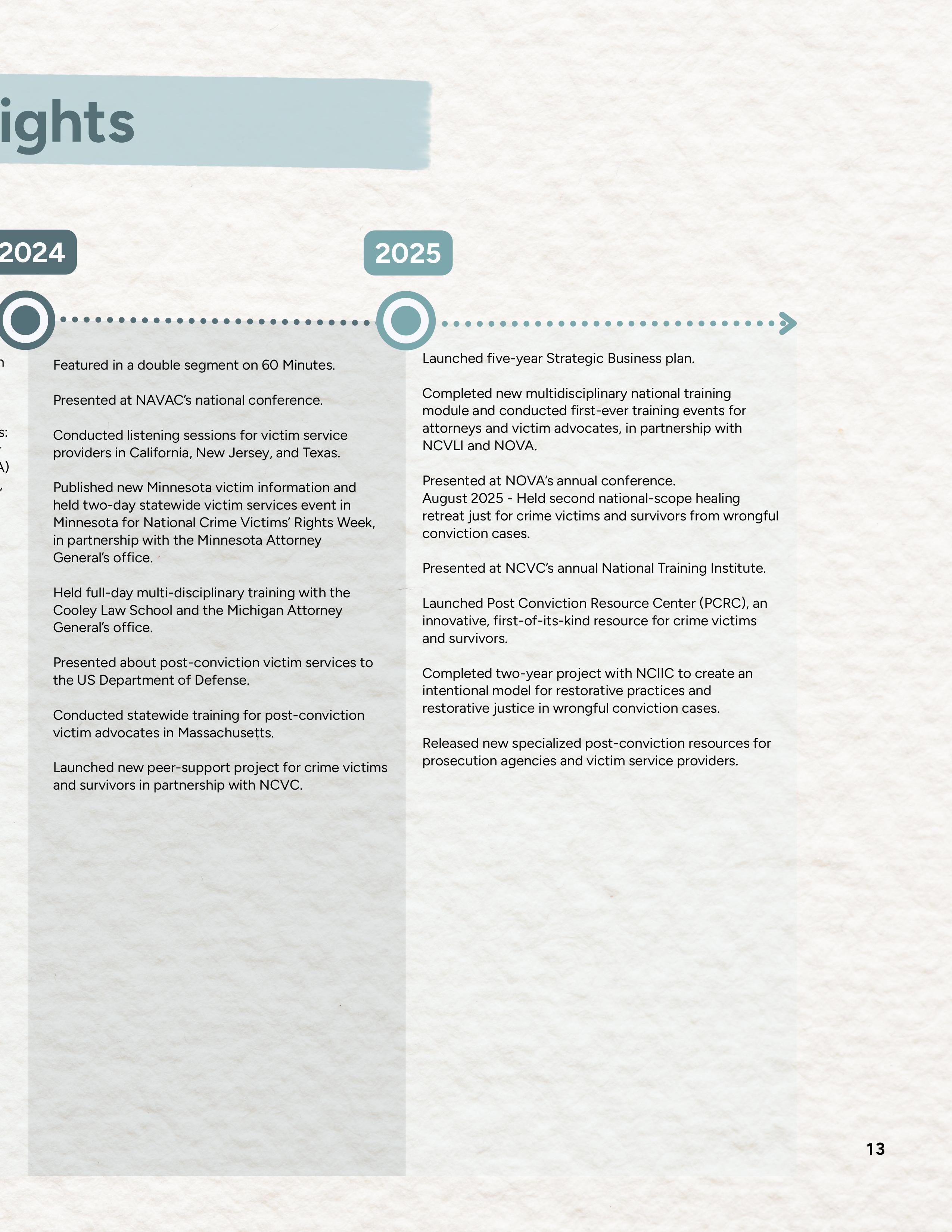

Direct Services
Training and Technical Assistance
Direct Services + TTA
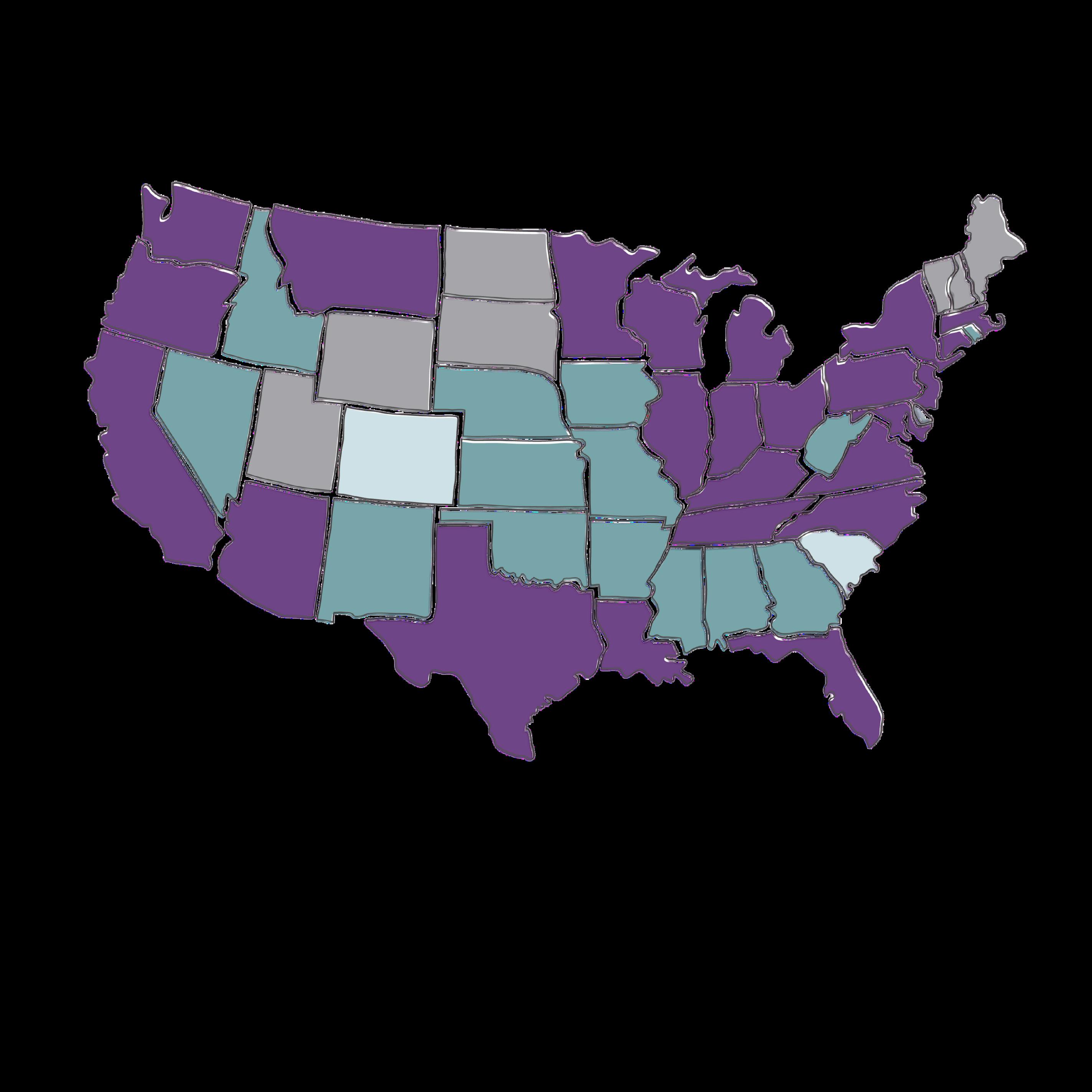

prosecutors, victim advocates, and service providers in 27 states nationwide.


Healing Justice offers a range of transformative programs that provide individualized and group healing opportunities, enabling recovery for individuals, families, and communities harmed by wrongful convictions
Specific direct service programs include in-person retreats, individual and group peerto-peer support, restorative justice opportunities, and specialized online support resources.
In-person retreats are the cornerstone of our work. They offer participants the opportunity to connect with others who have shared lived experience and equip them with the tools they need to continue healing and self-discovery once they return home.
A Circle Process is utilized to create a safe, nurturing, and confidential space for directly impacted individuals to speak openly about their grief and loss, provide support to one another, identify ways their needs can be met, and begin the road to healing and recovery Other group activities also take place in addition to time in the circle, such as shared meals, therapeutic art projects, and games At Peer Retreats, individuals from the same community attend (such as victims and survivors of violent crime or individuals who have been exonerated); at Restorative Retreats, individuals from different communities attend.
Our national-scope retreats bring directly impacted people together from around the country Our local and regional retreats bring together people from the same geographic region. These local-scope retreats are customized to meet the needs of the community being served; they are also offered as part of a longerterm community engagement that includes multiple retreats and corresponding virtual support activities between retreats
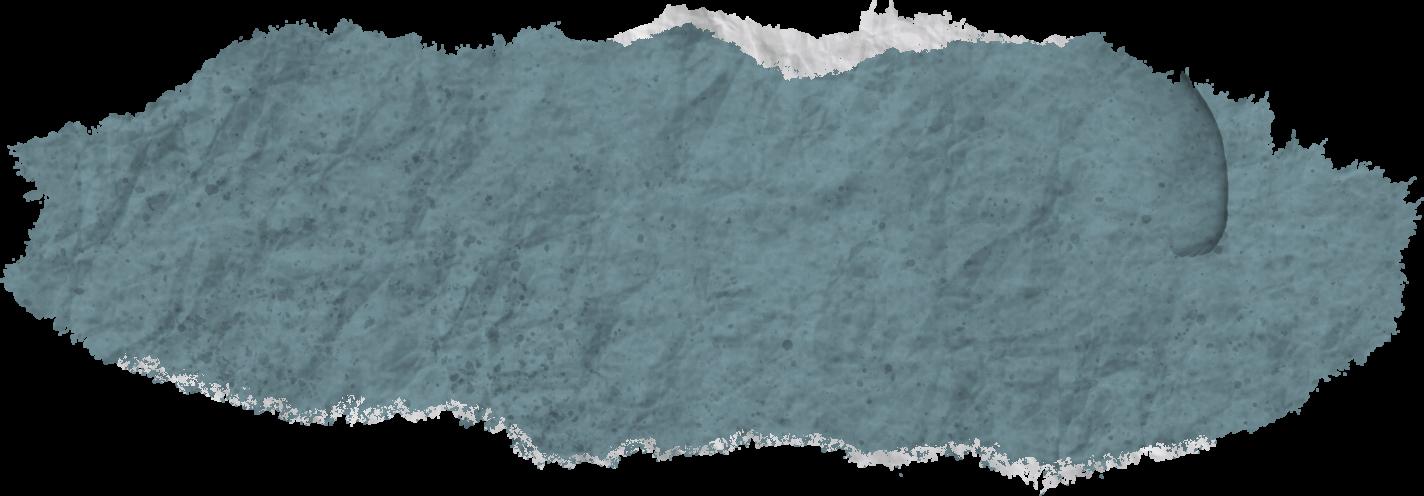

We offer non-clinical peer-to-peer support between two individuals who have lived through similar experiences Peer supporters are trained volunteers who utilize the knowledge they have gained to support others and promote emotional health and well-being.
Benefits for the supported individual include: insight into what might lie ahead; a sense that what they are feeling and going through is normal or expected; increased understanding through sharing and listening; guidance on how to respond to challenges from someone with lived experience; practical information about resources and services; and increased hope and decreased isolation.
We offer a Trauma Recovery and Resiliency Peer Support Group as a six-week program designed to foster connections and build resiliency among peer participants These groups are guided by existing peer-to-peer, evidence-based interventions for posttraumatic growth and resilience A group of six to eight participants meets once a week for 90 minutes over six weeks via Zoom video chat. These are interactive, experiential discussions designed to impart skills and enhance inner strengths, while helping participants explore how to apply new learnings to their personal goals At the end of each weekly session, the group shares reflections and considers how they might integrate these skills in their everyday lives
trained peer supporters

“Her story has deeply impacted me! The healing process is so reciprocal.”

Between weekly meetings, participants communicate via text thread or messaging app for accountability, support, and weekly check-ins
12 participants
6-week sessions facilitated
Healing Justice offers restorative justice sessions for individuals from the same case. This includes a thorough selection criterion to choose both the individual cases and people from each case who should participate We start with the crime victims or survivors to see if they want to establish a connection and speak with the exonerated individuals or others involved in the case. If all parties agree to meet, they are invited to a guided, inperson, three-hour conversation structured around evidence-based principles of restorative justice Preparatory meetings are held to ensure participants know what to expect Follow-up meetings are conducted to provide resources and referrals if requested. Participants may request additional ongoing support

“We
may have come to the group through a painful experience, but the members of the group really transformed that into a circle of compassion and support That gave me hope, that we will be capable of widening our circle to help others.”
- Anonymous Victim Family Member

We offer additional support to directly impacted individuals through specialized online resources, which they can access from any place at any time These include peer-to-peer resource guides and support videos, wellness webinars, videos addressing frequently asked questions, and links to external resources that are also valuable to those impacted by these cases. We also offer practical tools and resources online for criminal legal practitioners. We are continually adding to these resource libraries to expand our reach and impact.
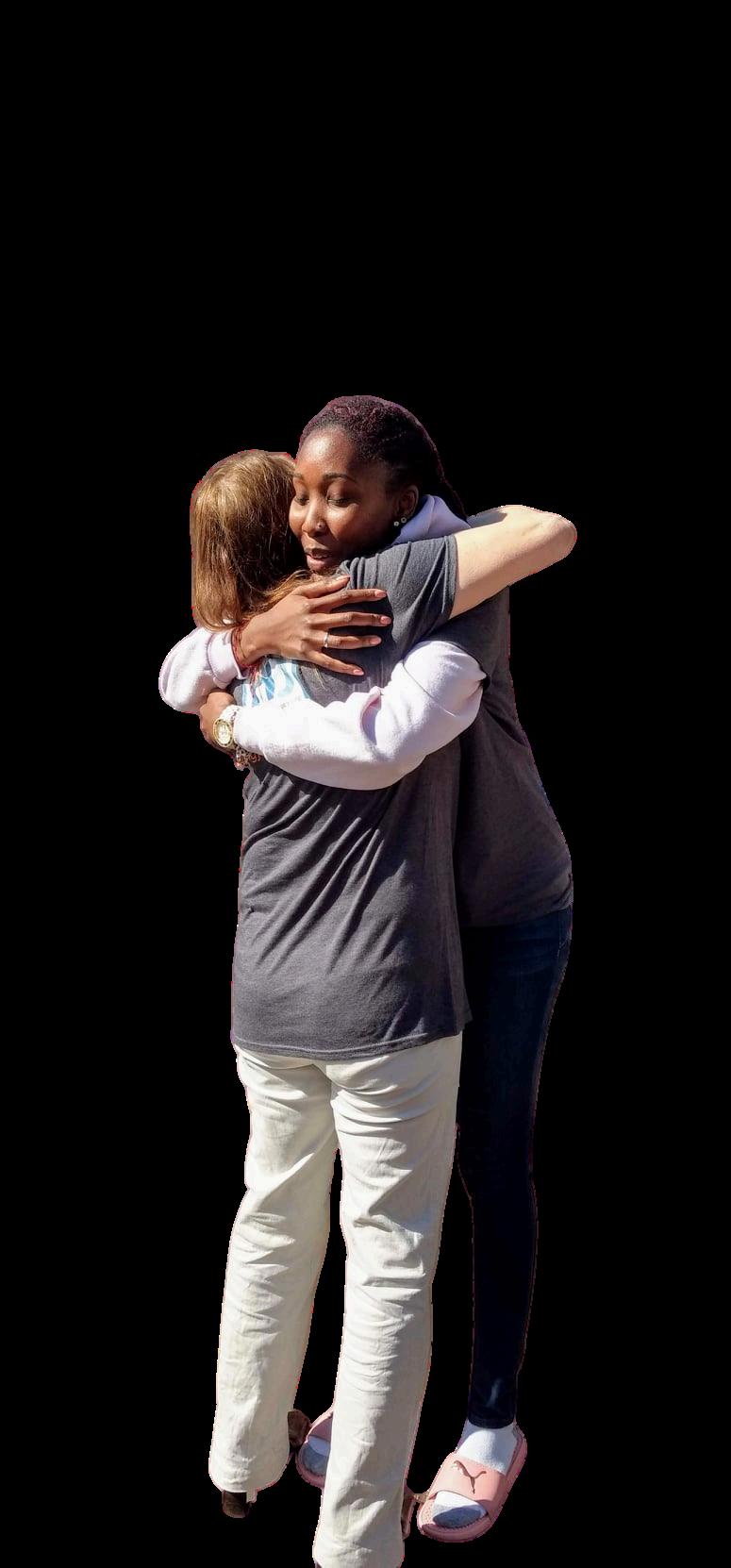

Over the past decade, Healing Justice has become a national leader in post-conviction victim support through our Training and Technical Assistance (TTA) programs. What began as informal conversations and guidance for practitioners has grown into a comprehensive program that equips professionals nationwide with the tools, resources, and best practices needed to support victims and survivors during post-conviction cases, including those involving potential wrongful convictions and exonerations
Our work is grounded in the belief that victims and survivors deserve timely, clear, trauma-informed, and victim-centered support even after conviction. Through our unique TTA offerings, we put this belief into practice by helping agencies within the legal system adopt strategies that enhance their engagement with, communication with, and support of victims, survivors, and their families when questions of factual innocence arise
These programs include specialized trainings, the creation of customized tools and resources, guidance on individual cases, and direct assistance in supporting victims and survivors.
Healing Justice offers training to police, prosecutors, victim advocates and others to help them integrate trauma-informed victim notification and support into their post-conviction case review activities Our training provides timely data, practical recommendations, and tangible resources to help agencies and professionals develop seamless practices that make victim notification and support easier and more effective while also ensuring that the needs of victims and survivors are met. Attendees have the opportunity to hear from victims and survivors and can work through ongoing case scenarios in real time. trainings hosted More than


Healing Justice provides longer-term, multi-month, specialized technical assistance to agencies to help them fully develop and embed traumainformed victim services in their postconviction case work. This includes developing existing or new policies, protocols, and tools; providing insights on current cases; assisting with victim notification and support in ongoing cases; and creating support resources that can be shared with victims and survivors as cases proceed.
More than
“This was a really important training and has better prepared me for my conversations in the future with victims.”
- Prosecutor
instances of specialized technical assistance offered; countless victims, survivors, and families supported through systems now better equipped to meet their needs.
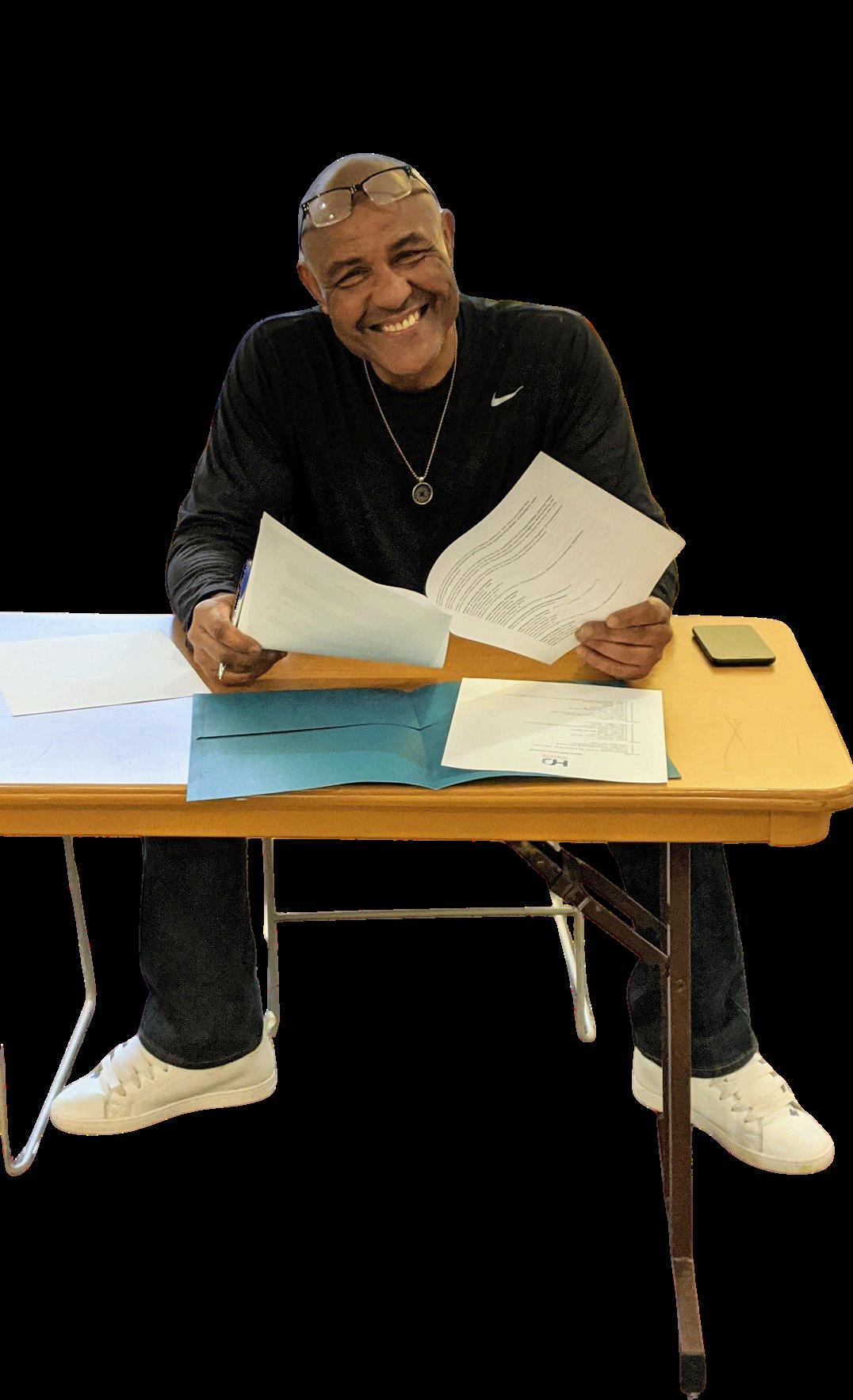



“Your panel had a profound impact on our approach to post-conviction victim contact We had a system in place before, but I walked away thinking that we could be doing so much more ”
- Prosecutor

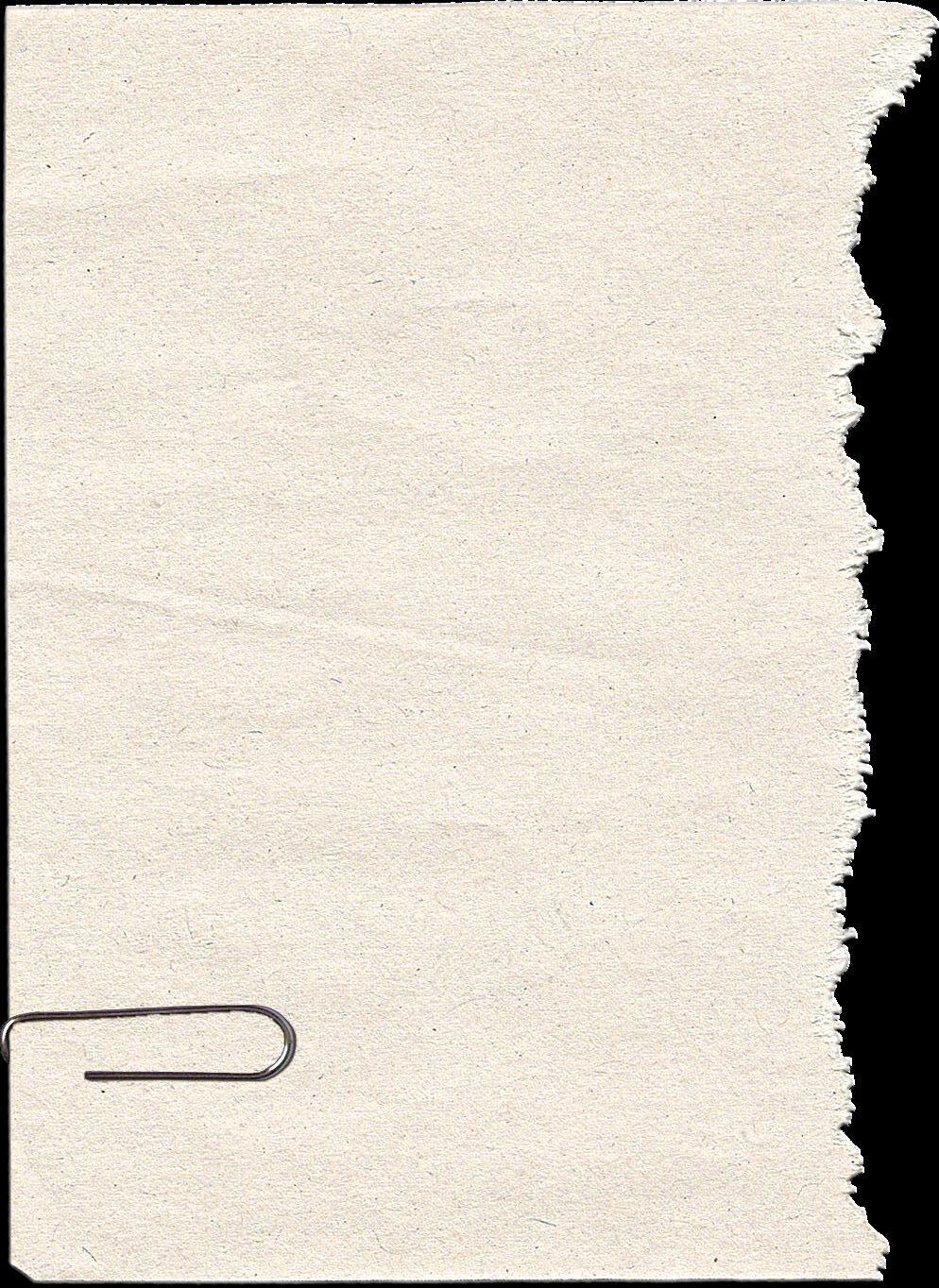
$100,000+
Sloan Benson
Jennifer Thompson and Frank Baumgartner
$50,000–$99,999
Jason Flom
Tom Rankin and Jill McCorkle
Lisa Spiegel and Tom Uhlman
Gary Torgow
$25,000 - $49,999
Anonymous
Scott Keeter and Rosemary Jann
The Martha and Spencer Love Foundation
Marla Mitchell-Cichon and Dennis Cichon
Steve and Denise Vanderwoude
Debbie and Holland West
$10,000 - $24,999
Judy Etherington
Mary Lou Leary
Ronnie and Ashleigh Long
Beth Moncel
Beverly Monroe and Richard Hanley
Lela Porter Love
Gerda Stein

$5,000 - $9,999
Mount Carmel Ministries
Lara Bazelon
Kimberly Cook
Andrew Foster
John Isidor and Sandy Kaltman
Zieva Konvisser
Katie Monroe and Patrick Zazara
Thomas J. O'Brien
David Singleton and Verna Williams
$2,500 - $4,999
Shawn Armbrust
Penelope Beerntsen
John Blassick
John and DeDe Boswell
Ted Duncombe and Marian Uhlman
Lawrence and Joann Golden
Kathleen and Reed Johnson
Christine and Mitchell Mumma
Charles and Gail Nottingham
Chris and Jennifer Olson
Mark Rochon
Rob Warden and Jennifer Alter

$1,000 - $2,499
Nike
Jensie Anderson
Roy Austin
Joyce Blanton
Linda and David Boyce
Virginia and Tom Cochran
Jenny Collier
Mathilda Cox
Peter Dietrich
Rosann Farber Petes and Tom Petes
Cathy Garver
David Goldenberg
Susanne Gower
David Hamilton
David Hauslaib
Marc Hetherington
Patrick Jones
Christa Lane-Larsen
Kendra Scott
Lawrence Marshall
Amanda McGinn San
Mo McGough
Graig and Kym Meyer
Anna and Jamey Millar
Ann Moss Joyner
Jené O'Keefe Trigg and Aaron Trigg
David Onek
Joseph and Margot Onek
Frank and Lee Pinto
Bonnie Raitt/Aria Foundation
Barry Scheck
Glenn and Julanne Shefter
Brittany Shefter
Steven Siegel
Tami Thompson
Anna Tolin
Sarah Tyler
John Fluevog New Orleans
Jenny Warburg
Bennett Wetch
Ilan Zechory and Audrey Gelman
$500 - $999
Karen Abrams and Brandon Garrett
Judy Bernstein
Christopher Bottino
Jerry and Katrina Boyajian
Ernie Brown
Josh Chiancone
Patricia Cook
Brian Davis
Kandace Davis Farrar and Dante Farrar
Steve Derene
James Desveaux
Laura DeVivo
Debra Diener
Robert Feduniak
Allison Goetz Davis
Diana and Nick Gower
Lynn Hayes
Mark Katz
Karen King
Windy Litvak
Lynden Harris and Rick Lonon
Julia McClure
Kimberly and Mark Morgenstern
Jack Payden-Travers
Nancy and Jim Petro
Jacob Pitts
Pamela Potischman
Patrick Quan
Kenneth and Beth Rose
Lynn Rothman
Rebecca Slifkin and Richard Rosen
Raymond Towler
Jason Williams
Greg Yost
In-Kind and Pro Bono Support
4imprint
Anonymous
Katrina & Jerry Boyajian
Candid Foundation Center Directory
Carolina Brewery
Civic Shout
Duke Law
Farmhouse Design
Jené O'Keefe Trigg
Jennifer Thompson
Kimberly Cook
Kimberly Morgenstern
Lara Bazelon
MASS Design
Magali deVulpilliers
Mellow Mushroom
Molson Coors
Rachel Austen Anderson
Skadden, Arps, Slate, Meagher & Flom
The Refectory Café
Trader Joe's

*If you have donated to Healing Justice and do not see your name, our records indicate we do not have your permission to publicly share your generosity. If you would like to be included in future reports, please e-mail us at connect@healingjusticeproject.org DONATE HERE

Your support fuels our work. Here are four ways to get involved:

Donate
Sustain retreats, peer support programs, and national trainings www.healingjusticeproject.org/donate Venmo @healingjusticeproject
Share
Spread the word and invite others to join the movement.
Partner
Collaborate with us to strengthen programs and reach more communities
Offer your time and skills to help us expand our impact
Sign up to learn more about upcoming events, programs, and initiatives like healing retreats, community fundraisers, and trainings. https://healingjusticeproject org/email-sign-up-form/
Visit our website or follow us on social media for the latest updates.


by Coco Marketing · Women-led, values-driven
